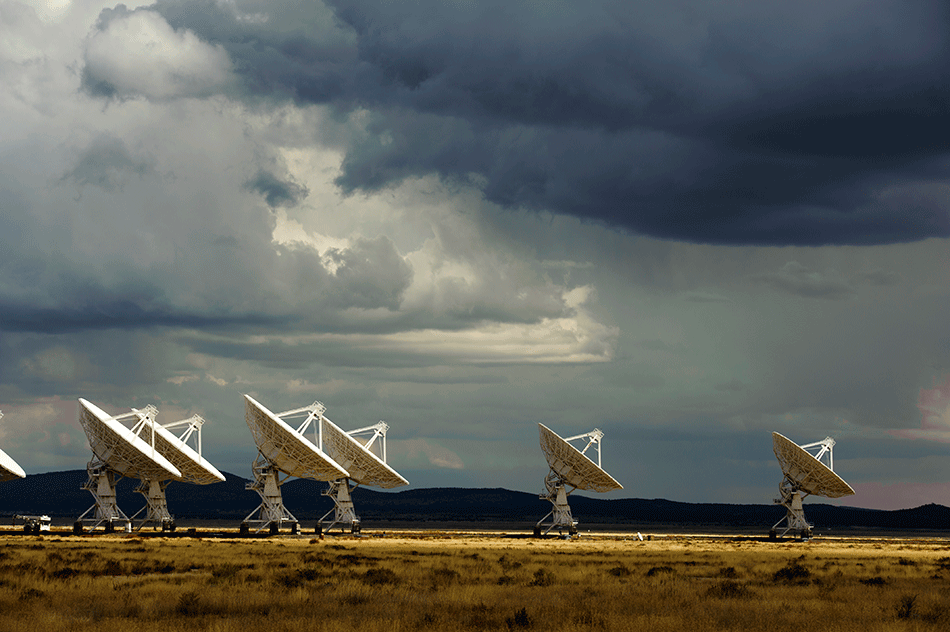License, License, Who’s Got the License?
The smarter way to stay on top of the multichannel video marketplace. Sign up below.
You are now subscribed
Your newsletter sign-up was successful
WASHINGTON — To pay or not to pay? That is the question.
There is a difference of opinion within the wireless community about whether or not satellite earth stations that broadcast and cable operators use to receive network programming are Federal Communications Commission licensees — and even the agency doesn’t seem to be sure of the answer.

It’s an important question, because if the earth stations are viewed as licensees, then they have spectrum rights that can be relinquished for payouts in the C-band spectrum reformat the FCC is planning. Television stations received such payouts for relinquishing spectrum in the 2016 broadcast incentive auction.
Cellphone provider T-Mobile’s proposal for freeing up C-band spectrum for 5G anticipates such earth station payouts as a way to incentivize clearing more of the 500 Megahertz of spectrum in the band. The plan offered up by wireless rival Verizon Communications does not.
T-Mobile had said the earth stations are definitely licensees. Verizon and some others say, no way.
Verizon has pointed out that broadcasters and cable operators don’t pay license fees for the earth stations, but T-Mobile noted that neither do noncommercial FM stations, which are definitely licensees.
Verizon said that while earth stations can register with the FCC and thus gain interference protections, that doesn’t make them licensees, and many earth stations haven’t registered at all. Verizon also said that, taken to its logical extension, saying that receive-only stations are licensed operators would mean that TV sets and radios would be licensed as well.
The smarter way to stay on top of the multichannel video marketplace. Sign up below.
T-Mobile, though, as part of the C-band proceeding, said the FCC has effectively required all earth station operators in the C-band to register to protect any rights that may be affected by the proceeding, eliminating Verizon’s claim that registration is not required. T-Mobile has also echoed the argument from ACA Connects, which represents smaller, independent cable operators, that they are instead “fundamental” to transmissions.
It will be up to the FCC to decide how to treat earth stations. It has signaled that it welcomes input as to their regulatory status.
Contributing editor John Eggerton has been an editor and/or writer on media regulation, legislation and policy for over four decades, including covering the FCC, FTC, Congress, the major media trade associations, and the federal courts. In addition to Multichannel News and Broadcasting + Cable, his work has appeared in Radio World, TV Technology, TV Fax, This Week in Consumer Electronics, Variety and the Encyclopedia Britannica.

